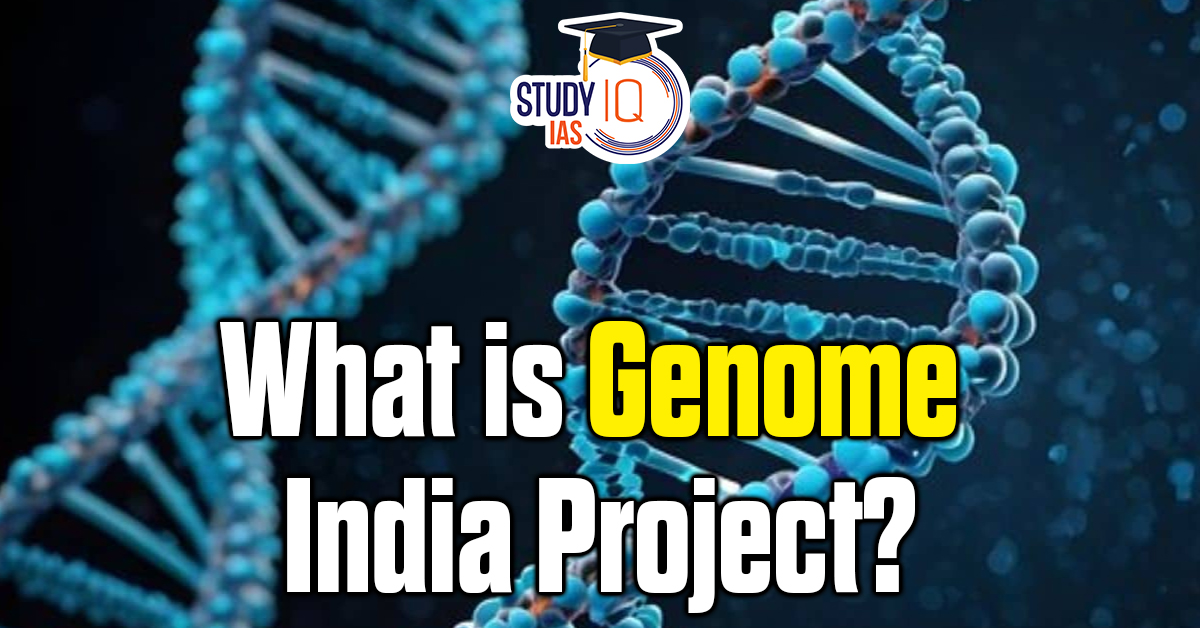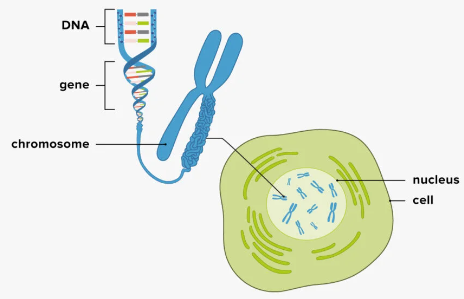Table of Contents
Context: The first phase of the Genome India Project is now complete. It has successfully catalogued the entire genome sequences of 10,000 individuals representing 83 diverse population groups from across India.
About Genome India Project (GIP)
- Genome India Project is a government-led initiative launched in 2019 that aims to sequence the genomes of over 10,000 Indians from diverse socio-economic, geographical and linguistic backgrounds to create a comprehensive genomic database of the Indian population. It was launched by the Department of Biotechnology (DBT).
- The project involves about 20 institutions across India and with analysis and coordination done by the Centre for Brain Research at IISc, Bangalore.
- Privacy Measures: Data is anonymized with numeric codes, and access requires proposals vetted by an independent panel.
- Phase 1: Sequencing of 10,000 genomes from 99 ethnic populations.
- Future Goal: Expand to sequence up to 1 million genomes.
Genome India Database
- It will be housed at the Indian Biological Data Centre (IBDC) in Faridabad, Haryana.
- It will be open to global researchers adhering to data-sharing and privacy policies.
Significance
- Expected to facilitate precision medicine for better healthcare outcomes.
- Enables targeted clinical interventions based on India’s unique genetic diversity.
- Opens doors to developing a biotechnology-based economy and manufacturing.
Other Initiatives for Genome Sequencing
IndiGen Programme
- It aims to undertake whole genome sequencing of thousands of individuals representing diverse ethnic groups from India.
- Objective: To enable genetic epidemiology and develop public health technologies applications using population genome data.
One Day One Genome Initiative
- Launched by: the Department of Biotechnology (DBT) and Biotechnology Research and Innovation Council (BRIC)
- The initiative will highlight the unique bacterial species found in India and emphasise their critical roles in the environment, agriculture and human health.
Check here in Detail: One Day One Genome Initiative
| Related Information |
|
Why is a Genetic Database Important?
- Understanding Genetic Diseases: It helps identify genetic risk factors and develop targeted therapies and diagnostic tests. E.g. Gene-modifying therapies to treat diseases.
- Discovery of New Variants: The Project identified 135 million genetic variations in 10,000 genomes. 7 million of these variations are absent in global databases.
- Population-Specific Insights: Provides insights into the frequency and impact of certain mutations.
- Rare Disease Identification: Facilitates the development of gene therapies for rare diseases.
- Drug Resistance Research: Identifies genetic variants affecting medication efficacy.
- Eg. A South Indian Vaishya community lacks the gene to process common anaesthetics, leading to prolonged effects or death.
| Global Genome Sequencing Projects |
|



 AI and its Regulation in India, Limitati...
AI and its Regulation in India, Limitati...
 Tuberculosis (TB), Symptoms, Causes and ...
Tuberculosis (TB), Symptoms, Causes and ...
 Silicon Photonics Enables Low-power AI A...
Silicon Photonics Enables Low-power AI A...





















